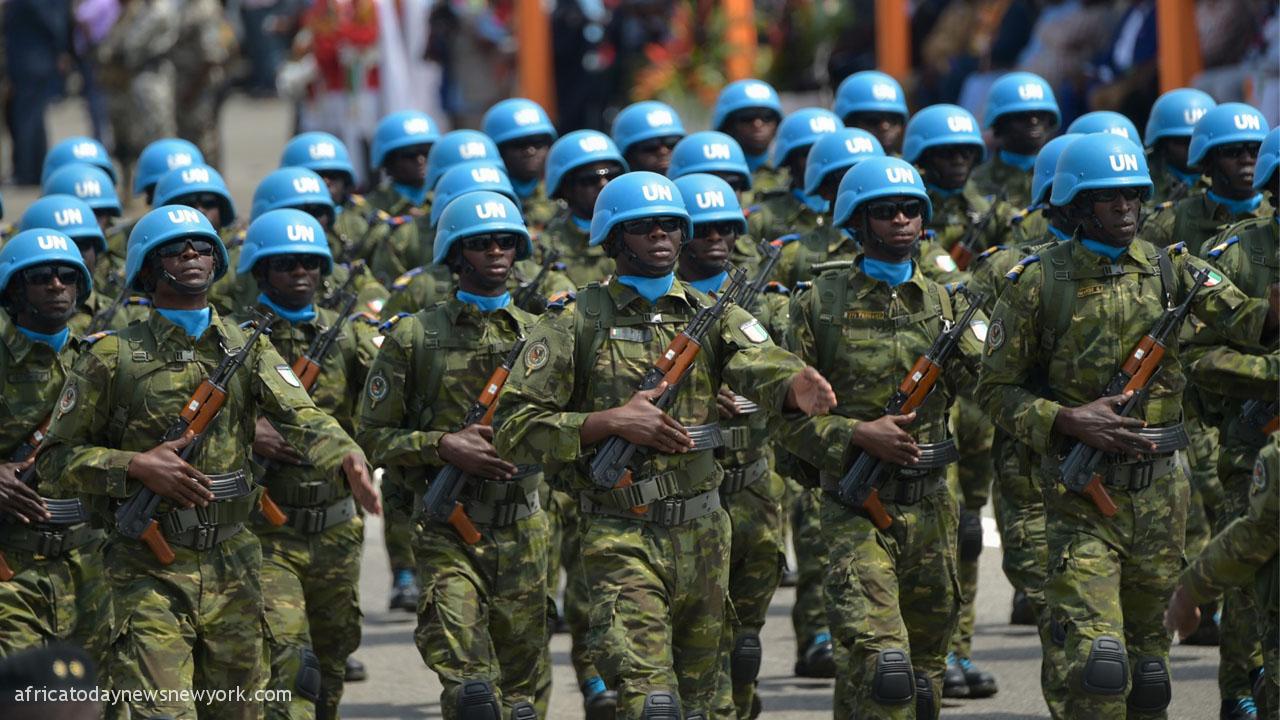Ivory Coast has disclosed that it has concluded plans to withdraw from the UN’s peacekeeping operations in troubled Mali, a move coinciding with Britain’s announcement that it will quit the mission.
In a letter sent to the MINUSMA mission which was sighted by Africa Today News, New York, the group disclosed that the Ivorian troops would withdraw by August 2023.
It, however, refused to disclose any explanation for the pullout, but Ivory Coast and Mali’s junta are locked in a months-long dispute over the detention of Ivorian troops at Bamako airport.
‘By order of the government of Ivory Coast, the permanent mission confirms the progressive withdrawal of Ivorian military personnel and police deployed with MINUSMA,’ says the letter sent to the UN Multidimensional Integrated Stabilization Mission in Mali.
Rotations of Ivorian forces scheduled in October and November this year will no longer take place, the letter adds.
Read Also: Nigeria Deploys 640 Soldiers On Peacekeeping Duties
The rotations were to apply to a protection unit based in Mopti, to police, and to military officers assigned to headquarters duties.
Troops and other personnel deployed in MINUSMA will not be relieved next August as scheduled, it added.
Meanwhile, there is no official reason yet for the decision was given but tensions between Abidjan and Bamako have soared since 49 Ivorian soldiers were arrested upon arrival at Mali’s airport on July 10 and branded mercenaries.
Three have since been released but the rest have been kept in custody on charges of attempting to harm state security. Abidjan insists the soldiers were sent as backup for MINUSMA.
Several mediation efforts are underway to resolve the crisis, and in early October Ivorian President Alassane Ouattara had said the situation was developing ‘well.’
On Monday, Britain announced Monday it would cut short the deployment of 300 troops with MINUSMA after relations with the junta soured.
Mali’s elected president, Ibrahim Boubacar Keita, was toppled in August 2020 by officers angered at the failures to roll back a jihadist insurgency that has claimed thousands of lives and driven hundreds of thousands from their homes.
The following year, the military forced out an interim civilian government and started to weave closer ties with the Kremlin, acquiring Russian warplanes and helicopters and bringing in personnel described by the West as Wagner mercenaries.
Relations with France, Mali’s former colonial power and traditional ally, swiftly went downhill.
France pulled out the last of its forces out of the country in August, ending a more-than nine-year commitment in the fight against the jihadists.
Ivory Coast has 857 military personnel and 30 police, according to the website.

